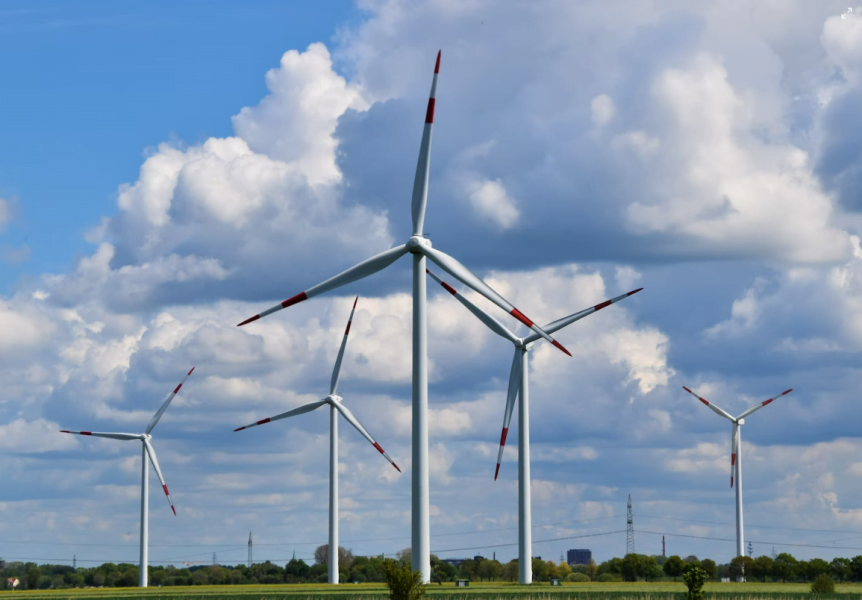Sasol South Africa Limited (Sasol) and Msenge Emoyeni Wind Farm (Pty) Ltd (Msenge) have signed a long-term contract for the supply of 69MW of renewable energy to the company’s Sasolburg site.
The Power Purchase Agreement (PPA) between Sasol and Msenge is the first of several agreements Sasol intends to finalize in the coming months as it secures the renewable energy supply required to produce green hydrogen.
The energy will originate from Msenge wind farm located near the town of Bedford in the Eastern Cape province of South Africa. The farm was originally developed by Windlab South Africa but was acquired, further developed, and will be taken to financial close by African Clean Energy Developments (Pty) Ltd (ACED). ACED represents a consortium consisting of African Infrastructure Investment Managers (AIIM), through their IDEAS Fund and Reatile Renewables (Pty) Ltd (Reatile). Rand Merchant Bank, a division of FirstRand Bank Limited (RMB), has partnered the consortium as sole Mandated Lead Arranger for the project.
The South African government has prioritized green hydrogen for strategic support. Green hydrogen is a key element of a low carbon energy sector enabling decarbonization of critical sectors of the South African economy. Sectors that will benefit include hard-to-abate industries such as transport, refining of metals and cement, heat generation and back-up power supply.
Sasol has committed to reduce the absolute Green-House Gas (GHG) emissions from its South African operations by at least 30% by 2030, off a 2017 baseline. Renewable energy is seen as a key lever for reducing Sasol’s GHG emissions and moving it towards producing products in a more sustainable manner.
Sasol is leading South Africa’s just energy transition and the development of a hydrogen economy. The production of green hydrogen, using renewable energy, is key to unlocking this opportunity. The renewable energy generated by Msenge will enable Sasol to produce green hydrogen that can be supplied to customers to enable them to decarbonize their operations or will be utilized within Sasol’s own operations to produce sustainable products such as ammonia or methanol.
Priscillah Mabelane, Executive Vice President of Sasol’s Energy Business said: “Sasol is undertaking renewables at scale while growing new value pools, such as green hydrogen, ensuring competitive and sustainable returns. Sasol will progressively shift its feedstock away from coal and towards gas as a transitionary feedstock, and then towards green hydrogen and sustainable carbon over the longer term,” said Mabelane.
The signing of the PPA with Msenge and the ACED-IDEAS-Reatile Consortium comes after Sasol issued a request for proposal in terms of its Renewable Energy Program for the supply of renewable energy to its green hydrogen facility at Sasolburg.
Following review and assessment of the proposals submitted, Msenge’s 69MW project was one of the projects chosen and the first to reach final agreement stage.
The Msenge Project is one of several similar projects that Sasol is focusing on to complement its overall Renewable Energy Program procurement process and will come online early 2024, subject to final regulatory and financial approvals.
Source: Sasol

